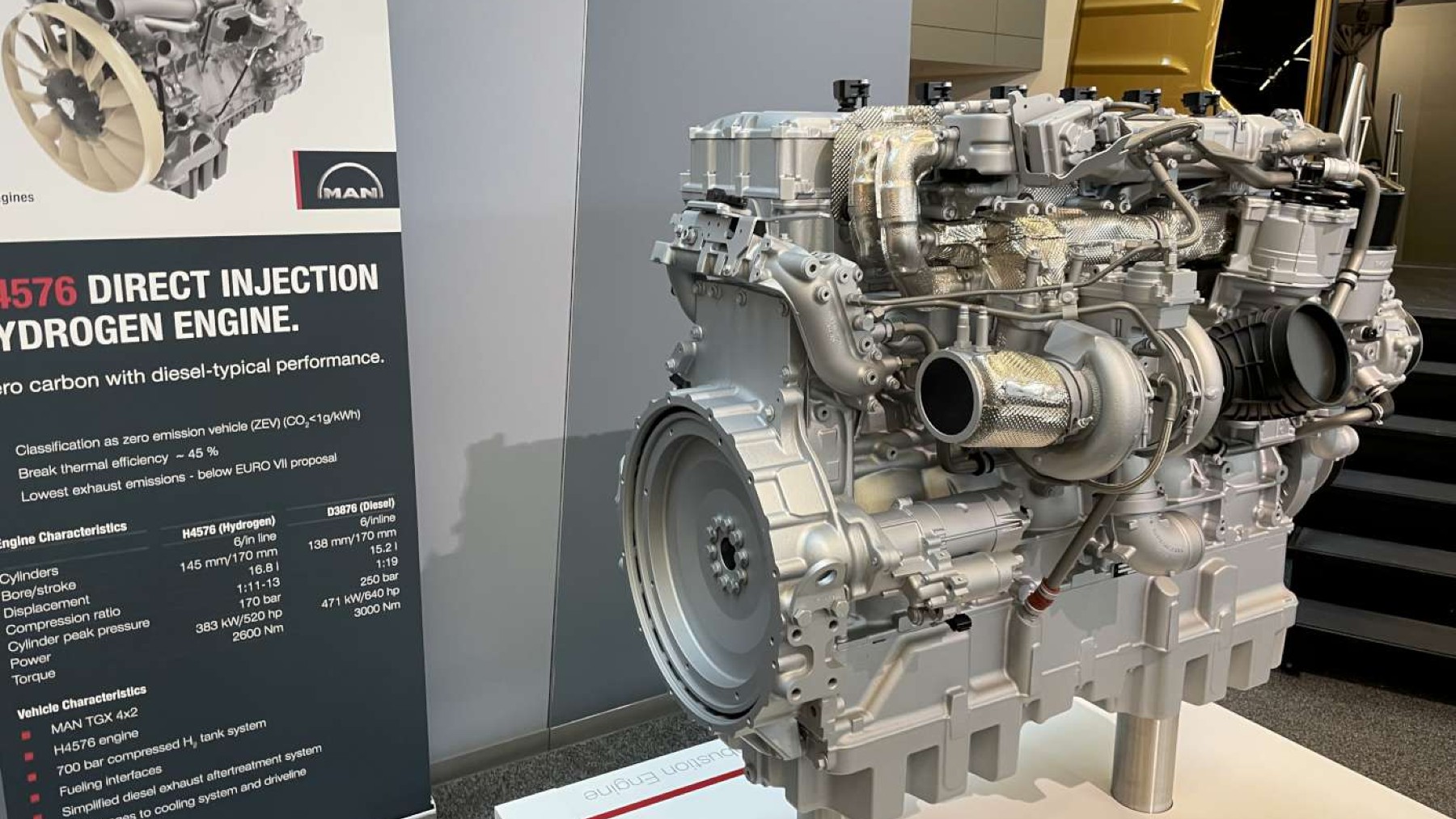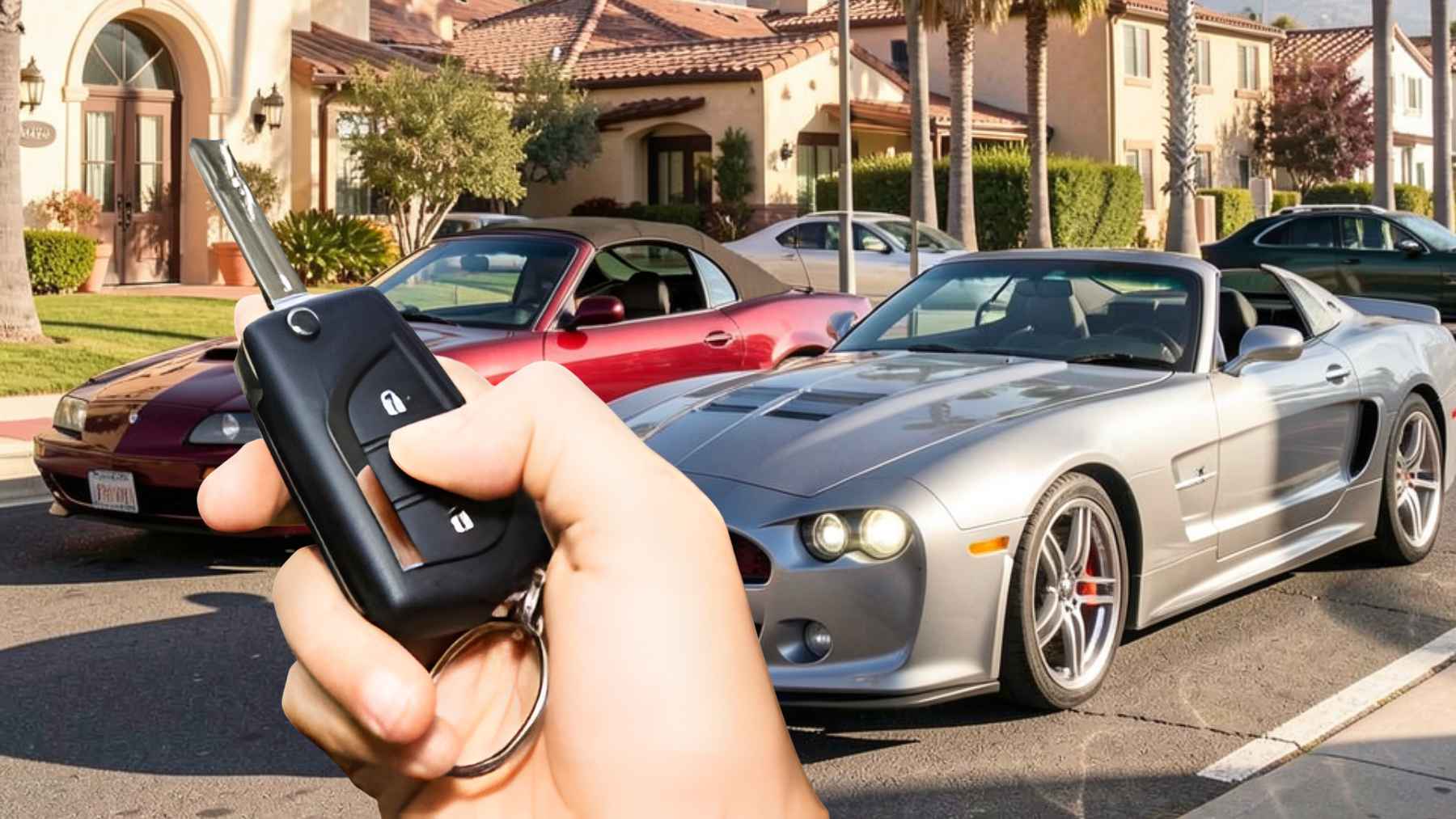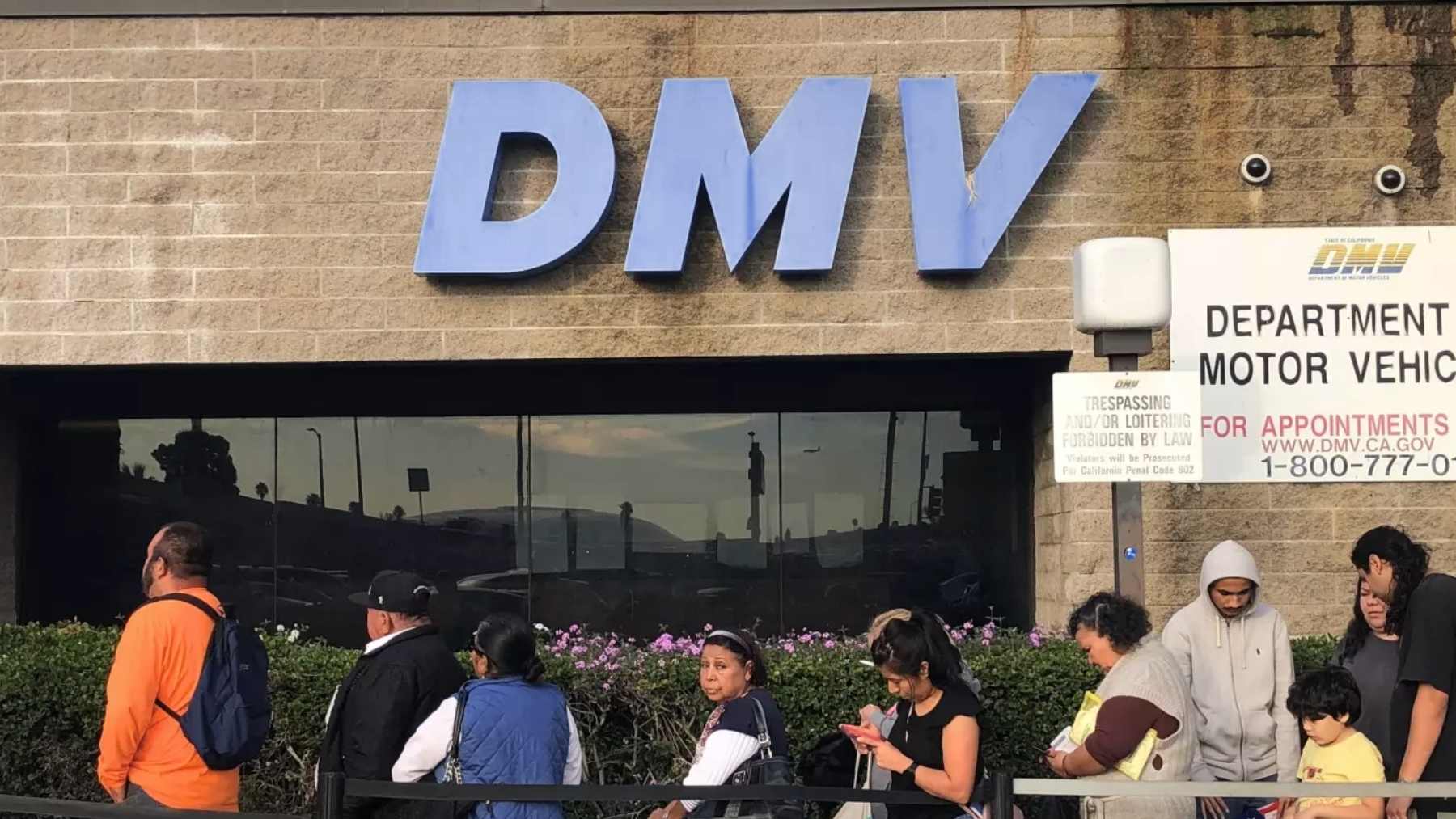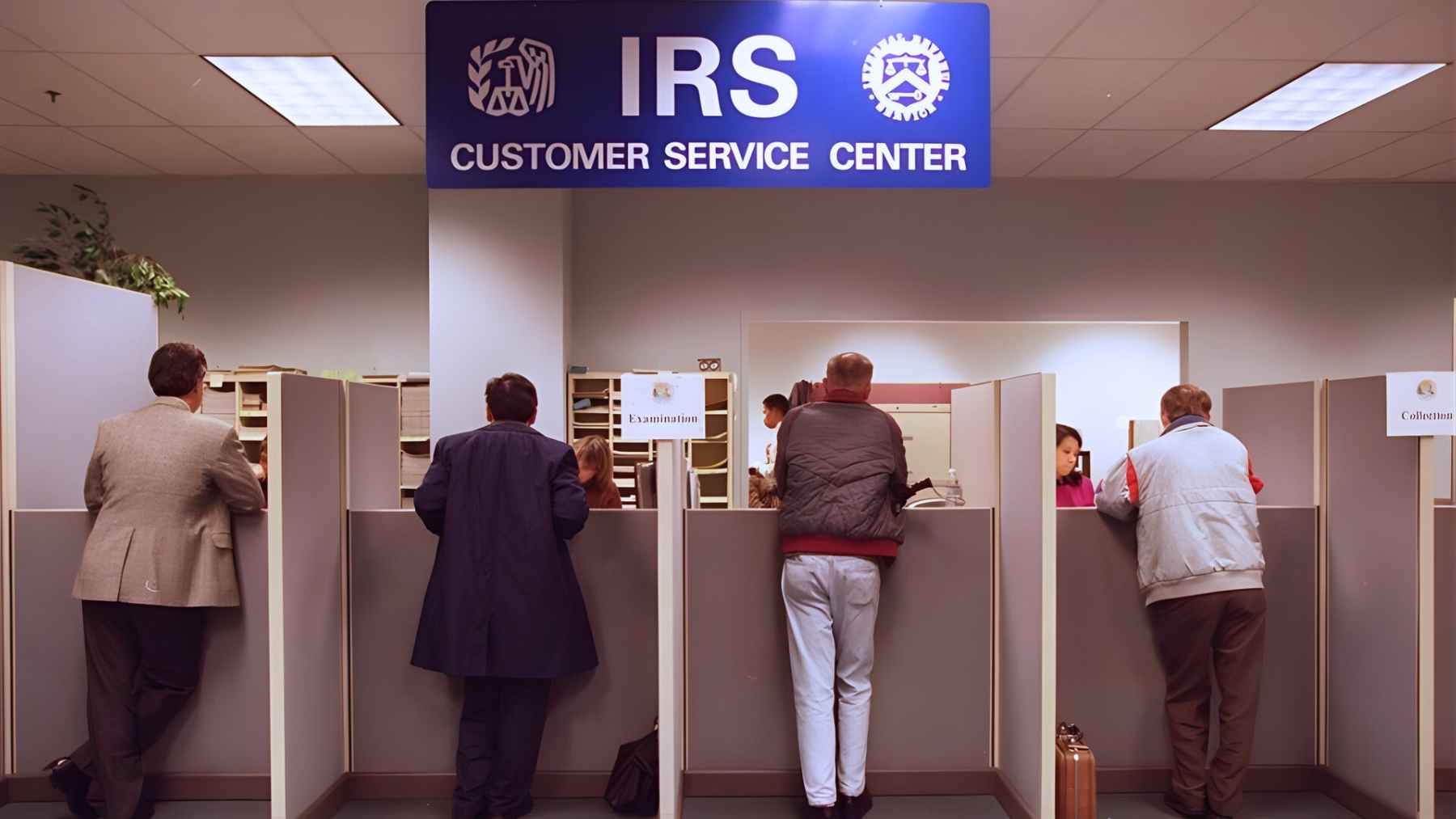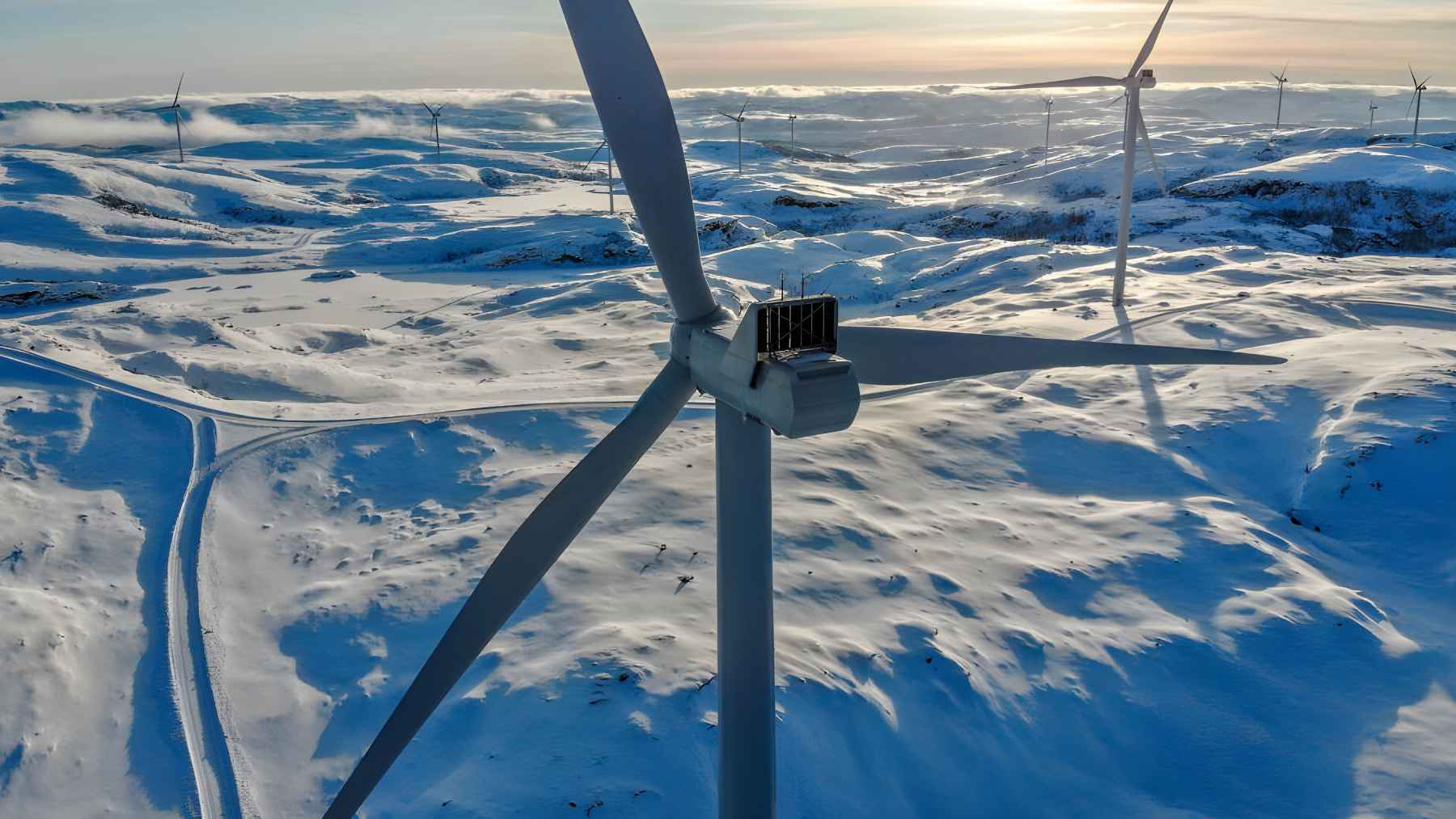The German car industry is facing a serious challenge as Japan overtakes them with the fuel of the future: hydrogen. Brands such as Volkswagen and Audi are still exploring electric cars and do not seem to want to copy Toyota’s model. However, a legendary carmaker has just unveiled plans to innovate with an unprecedented fuel (and it’s not hydrogen). This is the four-stroke engine that aims to revolutionize mobility with a mixture of water and alcohol that already has a name and has experts on tenterhooks.
Neither Volkswagen nor Mercedes: This legendary brand is switching to a new fuel, and it’s not hydrogen
MAN Energy Solutions, which is one of the biggest manufacturers of marine engines, is now promising to redefine the maritime segment through a new methanol retrofit package for four-stroke engines due for rollout in 2025. This new idea is an attempt to counter the ever-rising push for environmentally friendly solutions for the shipping industry.
- The new methanol retrofit package will initially concentrate on retrofitting existing MAN 48/60 engines to the latest engine type, MAN 51/60R-DF-M with methanol compatibility. This conversion offers several key advantages:
- Dual-Fuel Operation: The new engines will have the option for diesel as well as methanol to be incorporated, which will satisfy the current and future environmental standards.
- Improved Efficiency: Besides, methanol capability, customers will gain much increased engine efficiency in the diesel mode of operation. These changes in efficiency mean the use of less fuel and, hence, reduced expenses in running the outfit.
- Advanced Control Systems: These converted engines will incorporate MAN Energy Solutions’ best control and safety systems to provide the finest performance.
- Combustion Management: From this testing of the MAN 51/60R-DF-M engine, MAN has gained good success with both combustion control, and methanol injection.
From 60 initial engines to a possibly stratospheric demand: MAN’s future plans, in detail
MAN Energy Solutions has outlined an ambitious roadmap for the rollout of its methanol retrofit technology:
- Initial Offering: The first conversion will comprise the retrofit of typical antique MAN 48/60 engines with upgraded MAN 51/60DF engines compatible with methanol.
- Market Availability: As much as the pilot customer program may commence in autumn 2025, the retrofit package will be introduced to the general market after that.
- Expansion of Engine Types: Although the MAN 48/60 engine series is targeted in the first instance, MAN PrimeServ may well extend the service offering to other engine types in the wake of market feedback and affinities in the future in line with innovation.
- Continuous Improvement: At MAN Energy Solutions, efficiency enhancement of that kind of technology is continuous, aiming at improved efficiency and performance not only for diesel fuel but for other types as well.
Why is this new methanol engine a revolution for the maritime industry? 5 keys to understanding
The introduction of MAN’s methanol retrofit package comes at a crucial time for the maritime industry:
- Growing Demand: In fact, MAN Company has reported numerous retrofit requests from the customers who are aiming at switching to methanol, indicating high market demand for methanol-related technologies.
- Climate-Neutral Shipping: There is great pressure for a decrease in carbon emissions within the context of the maritime industry.
- Methanol is considered the empowering actor for climate-neutral shipping, as the focus is made on green methanol, produced from renewable feedstocks.
- Fleet Transformation: Industry is projecting that by 2030, over 20% of the world fleet will be able to use substitutes for HFO of which methanol is among them. This transformation will be achieved with MAN’s retrofit package.
- Economic Attractiveness: Converting existing engines to dual-fuel is deemed to be easier economically than to employ new engines or build new ships, since most ships have a service life of about 20–30 years.
The new Man four-stroke methanol engine is a show of strength from Germany, which continues to rely on electric cars, but is looking for new alternatives. What is clear is that they have left the way open for Japan with hydrogen, a fuel that has not yet convinced them. Remember, however, that we are “mixing” mobility by land and by sea, the latter being much more difficult to find sustainable alternatives to because of the enormous size of the engines that ships, boats and shipping companies use.
